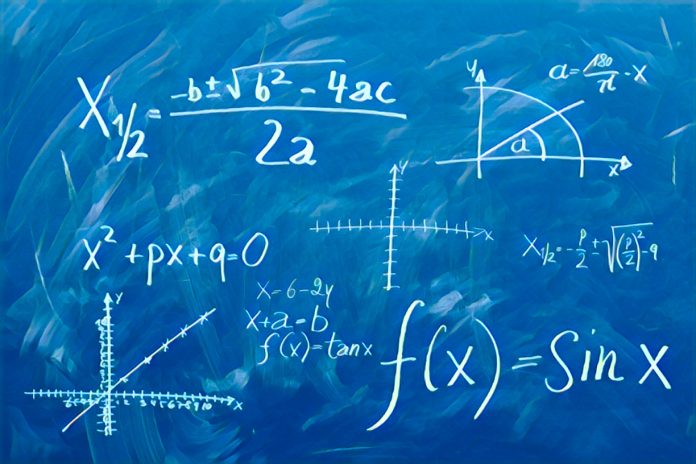Key Points
-
The Mathematics exemption for art students sparks new debate in Nigerian academia.
-
Critics say removing maths weakens analytical and critical thinking.
-
Advocates argue the Mathematics exemption for art students promotes inclusivity and creativity.
As Nigerian universities and policymakers talk about whether or not art students should be able to skip maths, teachers all over the country are wondering what it really means to have academic balance in a modern, creative economy. Recent proposals that students in the arts and humanities shouldn’t have to pass math to get into college have reignited a long-running debate in Nigeria’s rigid education system.
While the idea seems to help some students get over a well-known academic hurdle, it has also shown that there is a bigger divide between people who support creative freedom and those who think that quantitative reasoning is important in all areas.
Universities are not sure if the Mathematics exemption is worth it
After education reform groups and university administrators hinted that they might look at admission policies for the humanities and social sciences, the maths exemption for art students has gotten a lot of attention. “We want to give students who are creative a fair chance,” says Dr. Fatima Abubakar, Dean of Arts at the University of Lagos. Many people are left out just because they don’t do well in maths, even though they are great at writing, art, or design.
Ahmadu Bello University and Obafemi Awolowo University are also looking at the requirements for each department. They have set up committees to decide if Mathematics should still be a required subject for admission to programs like Theatre Arts, Linguistics, and Mass Communication.
Some people say that exemption makes the academic foundation weaker
Not everyone, though, agrees. Dr Tunde Akinola, an education expert, says that taking maths out of the curriculum for art students could have effects that last for a long time. He said, “Math isn’t just about numbers; it helps students learn how to think logically, build structures, and solve problems.” Akinola says that the exemption from maths for art students could lead to a generation of graduates who don’t know how to read numbers, which is a problem in an economy that relies more and more on data-driven decisions.
The Federal Ministry of Education hasn’t made an official statement yet, but people who work there say they are looking at the proposal in light of global educational trends, where some universities are changing their entry requirements to be more inclusive and recognise different types of intelligence.
Finding a balance between creativity and analytical literacy
People who support the policy say that Nigeria’s schools have long put more emphasis on science-based learning and less on creativity in literature, visual arts, and cultural studies. They think that letting art students skip maths would help schools develop creative thinkers without making it harder for them to get into college.
According to a report by the Punch news, Professor Grace Omotayo, an education policy expert at the University of Ibadan, says, “We need a curriculum that values the arts as much as the sciences.” The world is moving towards interdisciplinary thinking, so students shouldn’t be punished for doing well in fields that aren’t quantitative.
But even people who support the exemption agree that there needs to be a balance. A lot of people think that “Applied Mathematics for the Humanities” would be a good idea. This would be a simpler, more practical course that teaches basic maths and how to read data without the difficulty of advanced algebra or calculus.
As the debate goes on, Nigeria is at a crossroads in its educational development. It has to choose between keeping traditional standards and adopting a more flexible system that values both creative intelligence and logical accuracy. The conversation about whether the Mathematics exemption for art students will become a national policy or stay an experiment on campus shows how hard it is for the country to change how it teaches.



